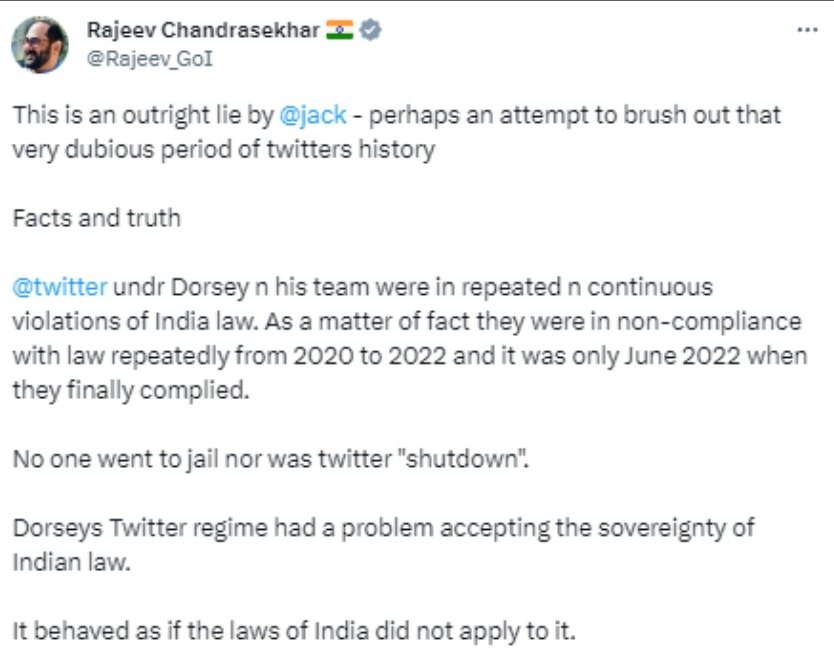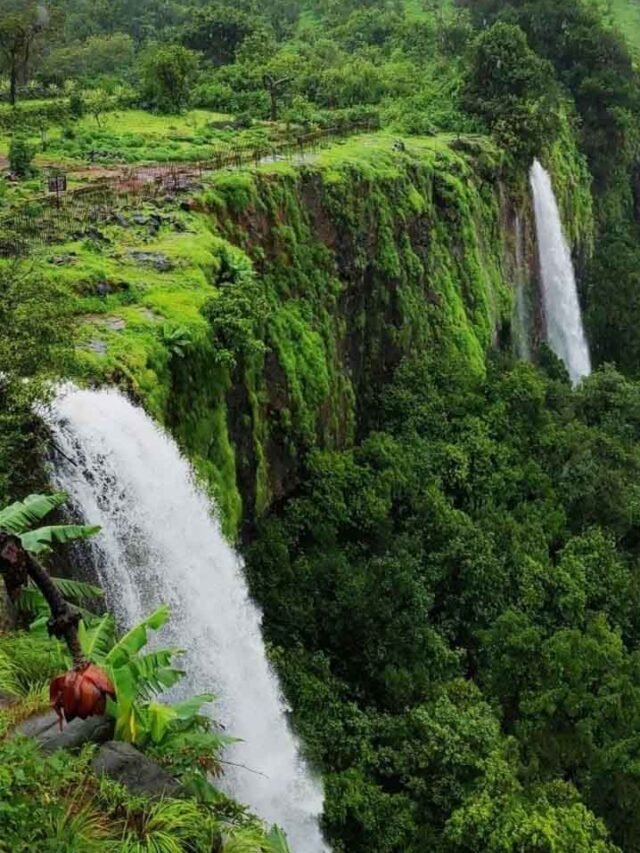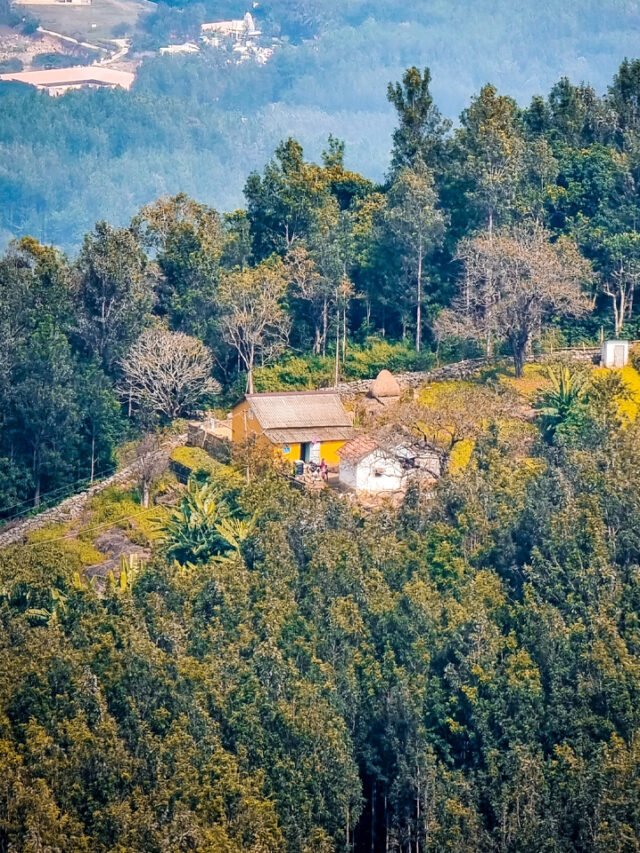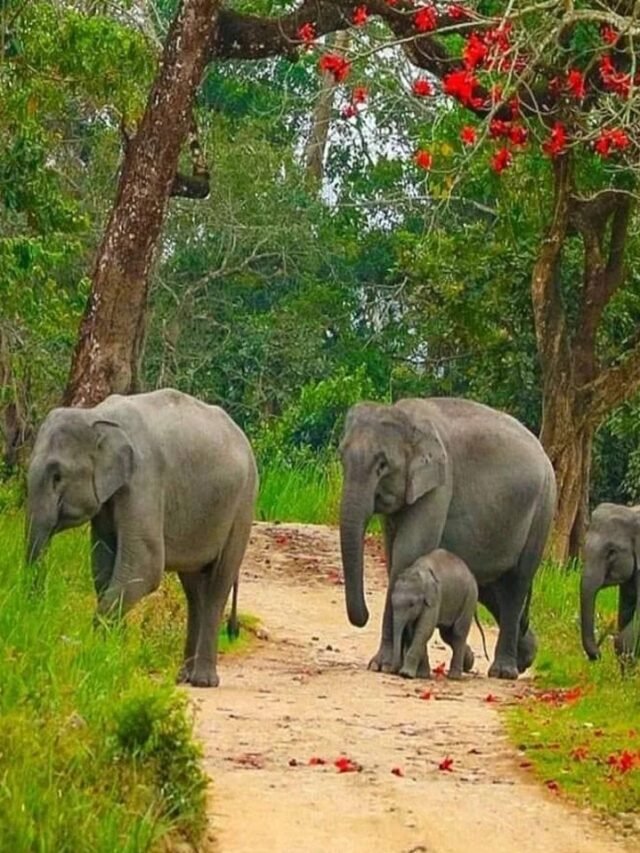Delhi, June 13: In a recent YouTube show, “Breaking Points with Krystal and Saagar,” Jack Dorsey, the former CEO of Twitter, made significant allegations against the Modi government, claiming that it had pressured Twitter to block accounts covering farmer protests and criticizing the government.
Dorsey further alleged that the Indian government had threatened to raid and arrest Twitter India employees. However, Union Minister Rajeev Chandrasekhar swiftly refuted Dorsey’s claims, stating that they were outright lies and attempts to disregard Twitter’s past violations of Indian law.
Dorsey’s accusations raised eyebrows as he accused the Indian government of exerting undue influence on Twitter’s operations in India. According to his account, Twitter faced various requests from India regarding the farmers’ protest and critical journalists.
“India had many requests of us around the farmers’ protest, around journalists who were critical of the Govt and manifested in ways such as we were shut down in India, which is a very large market for us, homes of a few employees raided, we will shut down your offices if you don’t follow and this is India – a democratic country…” he said.
Furthermore, he claimed that Twitter had been shut down in India, a significant market for the platform, and that the homes of some employees had been raided. He further alleged that the Indian government had warned Twitter of office closures if they did not comply with their demands, expressing concern about the impact on democratic values in India.
In response, Union Minister Rajeev Chandrasekhar took to Twitter to refute Dorsey’s claims, describing them as outright lies and an attempt to cover up Twitter’s own non-compliance with Indian law.
Chandrasekhar pointed out that Twitter, under Dorsey’s leadership, had repeatedly violated Indian law from 2020 to 2022. He emphasized that it was only in June 2022 when Twitter finally achieved compliance.
“Dorsey’s Twitter regime had a problem accepting the sovereignty of Indian law…,” tweets Union Minister Rajeev Chandrasekhar

Chandrasekhar also stressed that no one from Twitter was jailed, nor was the platform shut down, despite their ongoing non-compliance with Indian law.
The Minister further criticized Dorsey’s tenure as CEO, stating that Twitter had consistently struggled with accepting the sovereignty of Indian law during that period.
Chandrasekhar’s remarks suggested that Dorsey’s allegations were an attempt to divert attention from Twitter’s own violations and lack of compliance with Indian regulations.
Dorsey’s claims and Chandrasekhar’s rebuttal have sparked a debate about the relationship between social media platforms and governments, particularly in the context of free speech and adherence to national laws.
The allegations highlight the challenges faced by technology companies when operating in countries with different regulatory frameworks and varying expectations regarding the handling of sensitive issues.
As the controversy unfolds, it remains to be seen whether any further investigations or statements will be made regarding Twitter’s alleged non-compliance and the extent of government pressure on the platform.
The conflicting narratives put forth by Dorsey and Chandrasekhar underline the complexity of the situation and the need for transparent discussions to address these concerns effectively.
The allegations made by Dorsey and the subsequent response by the Indian government serve as a reminder of the delicate balance between freedom of expression and the necessity to operate within the legal framework of a country.












